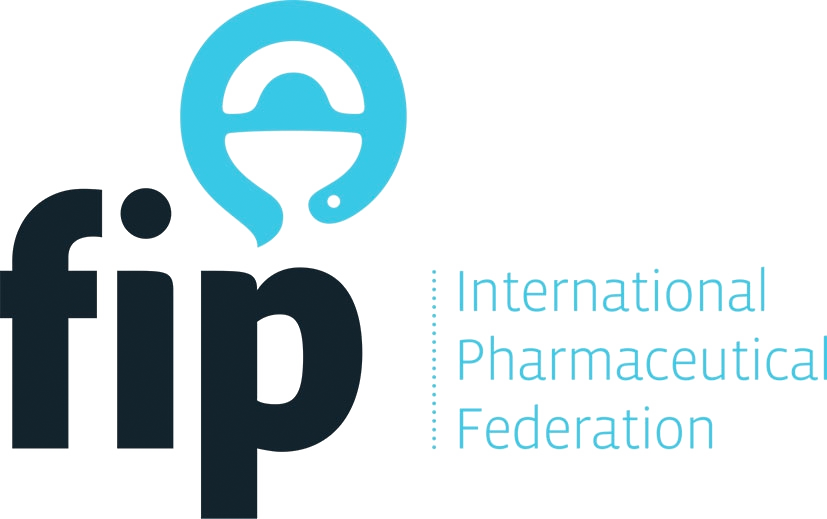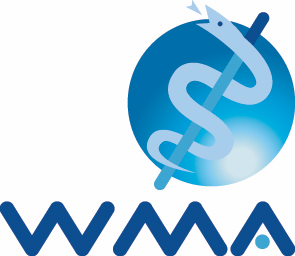
Global leaders of the main health professions have urged their members to pay more attention to regulation issues and implement the right systems in order to act in the public interest.
With the World Health Assembly taking place in Geneva this week, senior physicians, nurses, dentists, physical therapists and pharmacists from over 45 countries gathered to consider how different systems of professional regulation promote public safety and health while also protecting health professionals.
They concluded that in the face of the many challenges facing health professions and their patients globally – changing demography, increased expectations of health services, more mobile professionals – there is a greater need than ever for regulation systems that ensure quality of service and protect the public.
At a conference organised by the World Health Professions Alliance (WHPA), participants agreed that different systems suit different national environments, but whatever the model, regulation is a responsibility and a public duty, not an option.
They said that regulation systems should be underpinned by accountability and responsiveness and should observe principles such as checks and balances between stakeholders, and patients and professionals being aware of rights and duties.
There was agreement between WHPA members (the International Council of Nurses, the International Pharmaceutical Federation, the World Confederation for Physical Therapy, the World Dental Federation and the World Medical Association) that the goals of health professional regulation should be person-centred, involving patient care, patient rights and patient safety. They should also take into account social and economic welfare and professional practice.
‘Regulation has started to feature more prominently in many policy debates,’ said Judith Shamian, President of the International Council of Nurses. “The problem is that in most countries far too few people understand the advantages and disadvantages of different regulatory systems.’
Michel Buchmann, President of the International Pharmaceutical Federation, said: ‘A regulation model that takes into account interprofessional collaborative practice is most likely to be effective. There now needs to be a sustained political commitment to effective regulation by both decision makers and professionals. Professionals themselves, who can be guarantors of compliance, have a leadership role to play in regulation.’
Marilyn Moffat, President of the World Confederation for Physical Therapy said: “It is clear that there is no single model for a good regulatory system, but all should ensure that physical therapists and other health professionals provide safe and competent care/services. Regulatory bodies also need to understand the day-to-day realities of the health professions they are seeking to regulate.”
Margaret Mungherera, President of the World Medical Association said: ‘There are significant challenges and obstacles in many parts of the world, such as Africa, where there is a negative perception of governments about professional autonomy, clinical independence and self-regulation. This needs to change’.
Tin Chun Wong, President of the World Dental Federation said: ‘We expect the health professions as well as the public to play a major role whenever professional regulation is under discussion. The WHPA will continue to promote learning and information-sharing on this important subject.’




